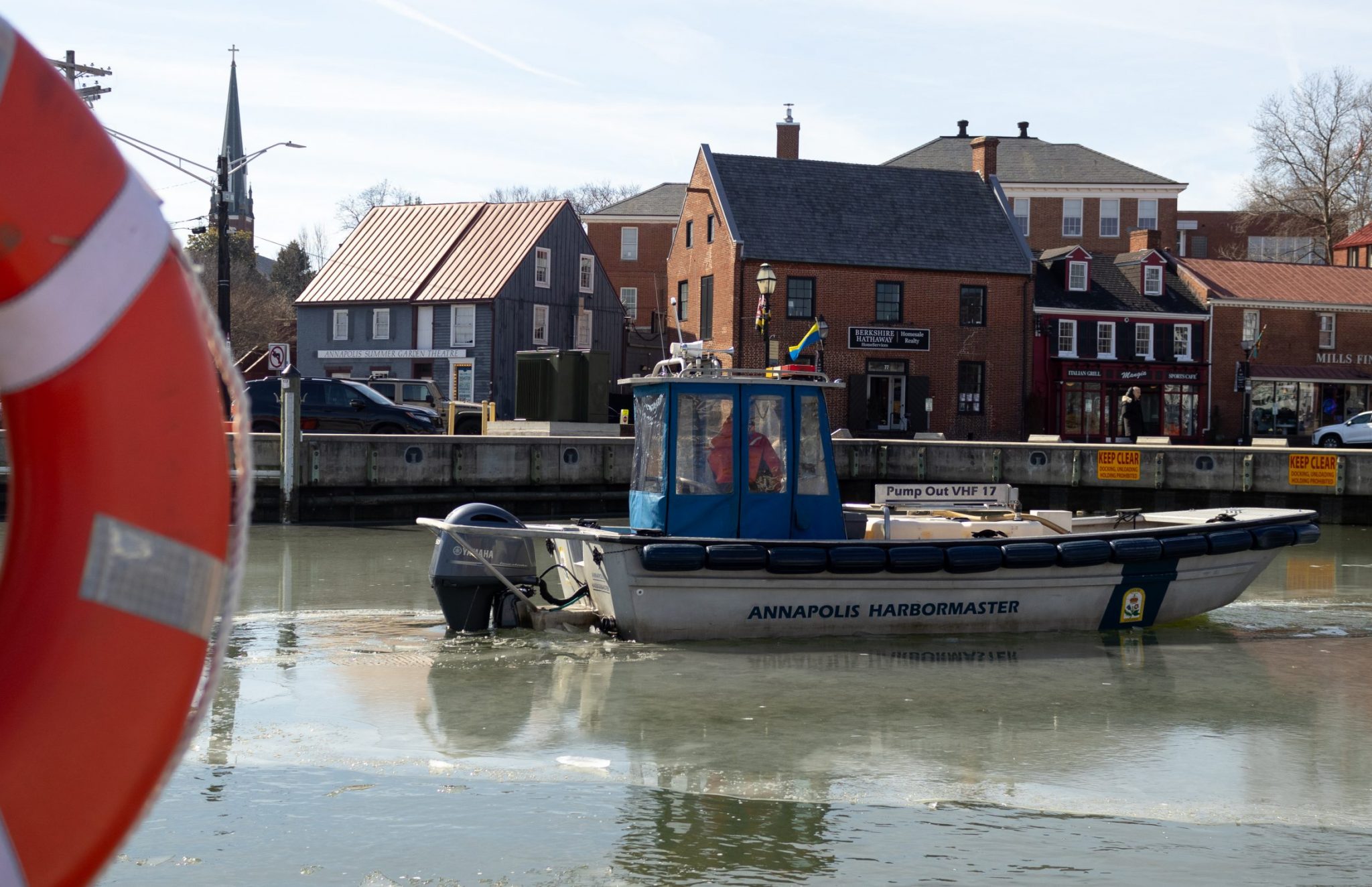Maryland leaders and fishermen are divided over a bill that aims to promote sustainable aquaculture and agriculture practices across the Chesapeake Bay.
The Chesapeake Bay Legacy Act was introduced to the Maryland General Assembly on Feb. 11. The bill would expand water quality monitoring practices, incentivize farmers to use sustainable farming practices and monitor at least 25 aquatic species, including oysters and blue crabs.
But some fishermen in the state say the bill was drafted without their input and would provide further regulations on an already reeling industry.
The bill calls on the state’s Department of Natural Resources to supervise 25 species under fishery management plans. The plans help outline how to protect aquatic species, while also enabling sustainable harvesting practices, according to the department’s website.
According to the bill, fishery management plans would prevent overfishing and ensure that fishing privileges would be “fair and equitable” across the state.
Robert Newberry, the Delmarva Fisheries Association’s chair, testified against the bill in February due to frustration over a lack of communication from state departments and the governor’s office about the bill.
“We’ve been run over and left behind,” Newberry told The Diamondback.
[Maryland Democrats push bills, legal action to combat Trump’s executive orders]
Newberry said the bill would realign the state with the Atlantic States Marine Fisheries Commission — a 15-state group that advocates for sustainable fishery management.
Newberry said the commission’s past regulations, such as a 2024 harvest limit for striped bass, decreased fishing trips by 50 to 60 percent, leading many to fish in other states such as New Jersey.
But Maryland natural resources secretary Josh Kurtz told The Diamondback the bill would expedite the process to create fishery management plans for new species.
It previously took the state two years to develop a plan for shrimp and approve them for sale, Kurtz explained.
Del. Jay Jacobs (R-Caroline, Cecil, Kent and Queen Anne’s), a fourth-generation waterman, said he spoke with state officials to address his concerns about the bill. He hopes amend the bill to ensure watermen and other industry leaders are part of fishery management advisory commissions.
“[Watermen] are seeing things that most people don’t see because they’re seeing it every day,” Jacobs said. “It’s very important that any commission has a makeup containing people that are in the industry as well.”
Del. Nick Allen (D-Baltimore County), a member of the environment and transportation committee, said the committee will take watermen’s concerns and input seriously as they are valuable to the Maryland community.
In an amended draft of the bill obtained by The Diamondback, the number of species affected by the fishery management plan has been reduced to seven.
[UMD faculty, researchers criticize planned NIH research funding cuts]
Since the bill’s first hearing, Newberry told The Diamondback he feels fishermen have been “bullied” into supporting the bill with the proposed amendments.
The bill also includes legislation to help support sustainable agriculture through the Leaders in Environmentally Engaged Farming Program. The program will incentivize farmers to use accredited farming practices, Maryland agriculture secretary Kevin Atticks told The Diamondback.
Atticks said the program will use a rating system, giving higher scores to farms that follow sustainable practices. Receiving a higher score would give farms access to priority preservation programs or loans, depending on the practices employed, according to Atticks.
If the bill is passed, the state will offer leases to new farmers who plan to employ healthy soil practices. Parts of the state’s more than 100,000 acres of protected agricultural land will be available for regenerative farmers, Kurtz said.
In a Feb. 11 news release, Gov. Wes Moore said the bill would benefit all sectors of the Chesapeake Bay’s economy.
“Prioritizing conservation and environmental protection isn’t just the responsible thing to do – it will also help us create jobs and build new pathways to work, wages and wealth for all Marylanders,” Moore said in the news release.
Moving forward, Newberry said the state needs to prioritize the well-being of both farmers and fishermen.
“This state was founded for the bounty of the land and the bounty of the bay,” Newberry said. “We are being ignored by this administration.”



